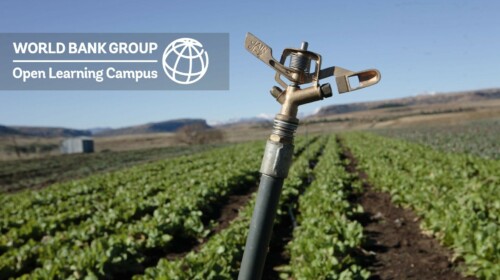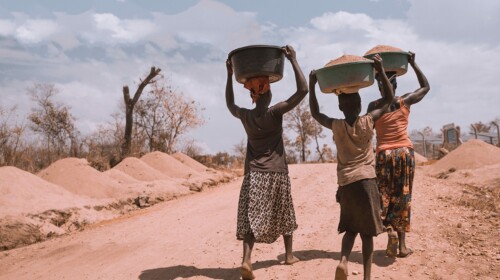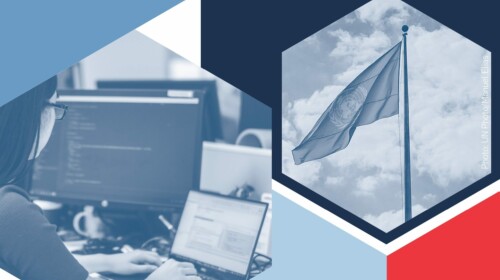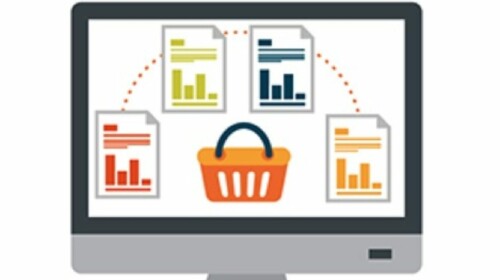This short e-Learning course is a part of the WBI core learning program on Managing Agricultural Water under Climate Challenge. It aims to help improve you understanding of how some fundamental water management challenges can be addressed through private sector participation, a relatively new concept in agricultural water management in most countries. The development goal is to foster sustainable agriculture water services to farmers, a challenge that is made more prominent under changing climate.
This short e-Learning course is a part of the WBI core learning program on Managing Agricultural Water under Climate Challenge. It aims to help improve you understanding of how some fundamental water management challenges can be addressed through private sector participation, a relatively new concept in agricultural water management in most countries. The development goal is to foster sustainable agriculture water services to farmers, a challenge that is made more prominent under changing climate.
This 1.5 hour e-modules help break through the jargon and myth around PPP, especially when it applies to irrigation water management, to understand its core features, the differences between various PPP models, and how a well-designed PPP can help overcome common problems with government-provided irrigation services. The e-learning draws on the recent experience in Egypt, as well as other case studies. It works learners through the stages of developing a PPP transaction, -- from engaging with stakeholders to designing regulatory and monitoring arrangements.
Target Audience
- Officials from irrigation, water resources, agriculture ministries, and other relevant government agencies, such as finance, planning;
- Farmer groups such as Water User Associations; private companies who may consider providing such services.
Learning Objectives
By the end of the course, you will:
- Understand how a well-designed PPP can provide irrigation services to farmers at a reasonable price;
- Be familiar with the main tasks involved in developing a PPP; from engaging stakeholders to preparing and evaluating bids;
- Be prepared to participate in more specialized training on PPPs.









